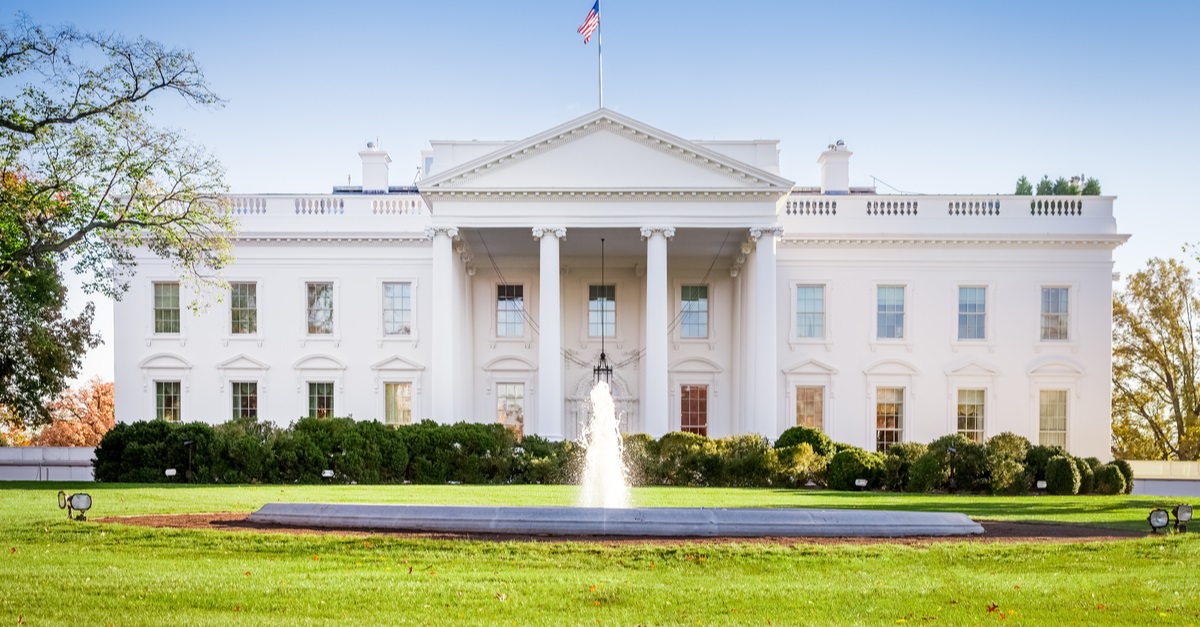Biden’s National Security Strategy Reinforces Tech Decoupling and Increased Regulatory Focus
November 18, 2022
Originally published in The Hill
The recently released National Security Strategy sets forth the Biden administration’s approach to a changing world at an inflection point providing a roadmap for the administration and for Congress. The administration’s national security priorities largely echo those of past administrations, but they diverge with their focus on a “modern industrial and innovation strategy” that promises deep use of industrial and economic tools to create a bulwark against autocracies like Russia and China. The resulting message is clear: The administration’s national security goals are inherently tied to, and will necessarily impact, a broad swath of American companies.
Five areas of the strategy stand-out for their potential impact on companies.
First, increased investment scrutiny will ensure the Committee on Foreign Investment in the United States (CFIUS), with its expansive authority to review foreign investments, continues to be a prominent national security tool. The strategy also contemplates new outbound investment restrictions, which have been gaining congressional momentum as well. Should “reverse-CFIUS” come into effect, companies will need to transform their outbound investment strategies, planning for increased investment timelines, heightened scrutiny for investments in certain sectors and in certain countries, and potentially restrictions on certain outbound investments deemed to pose national security risk. Further, increased export controls will require companies to reinforce compliance programs and reevaluate offshoring operations. As the Commerce Department’s recent semiconductor restrictions demonstrate, new regulations can quickly reverberate across an industry, in some cases having a material impact.
Second, foreign policy and domestic policy lines blur with the focus on making strategic public investments in strategic sectors and supply chains, especially critical and emerging technologies. New laws, including the CHIPS and Science Act and the Inflation Reduction Act, illustrate the administration’s commitment — and congressional support —…




